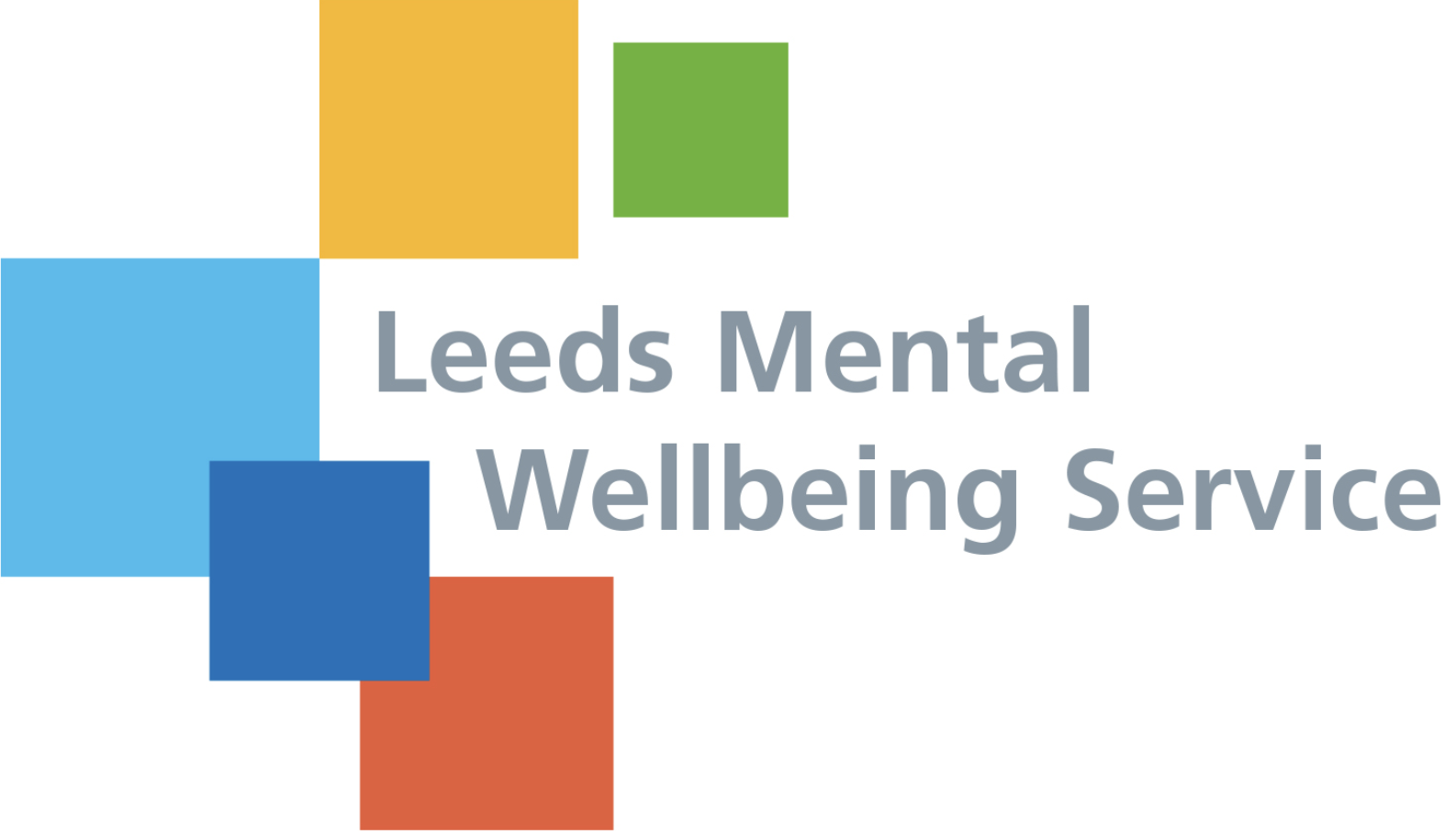Talking Therapies
If you think talking therapy might be right for you, refer yourself to LMWS. Following an assessment, we may offer one-to-one or group therapy to assist with your mental health conditions, or discuss alternative treatment if we think it more suitable for your individual needs.
Talking therapies can be helpful for some people but they do require commitment and motivation. You may decide to pursue different options to manage your difficulties, and we can help you consider the services and resources available.
Guided self-help
Guided self-help is recommended as a treatment for depression, anxiety and panic disorder.
You work through a CBT-based workbook or computer course with the help of a therapist, who supports you with face-to-face appointments or phone calls.
Your therapist will helps you to understand your problems and make positive changes in your life. Guided self-help aims to give you helpful tools and techniques that you can carry on using after the course has finished.
Cognitive behavioural therapy (CBT)
CBT aims to help you explore and change how you think about your life, and free yourself from unhelpful patterns of behaviour.
During a course of 12 to 20 weekly sessions with a therapist, you will set goals, complete tasks and improve your wellbeing.
CBT is proven to help the following mental health conditions:
- Depression
- Anxiety
- Panic attacks
- Phobias
- Obsessive compulsive disorder (OCD)
- Post-traumatic stress disorder (PTSD).
Interpersonal psychotherapy (IPT)
IPT is a talking treatment for people who are experiencing an episode of depression, usually triggered by a life event, such as a change of circumstances, an unresolved grief or a breakdown of a significant relationship.
IPT also explores the support you get from the people around you, and how depression impacts these relationships. We will encourage you to seek support from those around you as part of the process of therapy, and to develop better relationships which will promote better mental health.
IPT offers up to 16 weekly appointments.
Counselling for depression
Counselling for depression has been specially designed to help people understand and begin to resolve the underlying causes of their depression.
It’s usually offered to people with mild to moderate depression who have already tried other therapies, such as guided self-help.
Long-term health- condition focused interventions
We are commissioned and trained to provide Long term conditions (LTC)-focused interventions work with certain LTC conditions. Some of our Cognitive Behavioural Therapists and Psychological Wellbeing Practitioners have completed NHS Talking Therapies-recognised LTC Top-Up Training. This enables them to adapt standard interventions to consider the impact of long-term conditions.
Please note that we have a limited number of LTC-trained practitioners, so access to this support may vary depending on availability.

Be ready to get the most from your Talking Therapies.
Thinking about talking therapy? This short video guide explains what Talking Therapies involve, how you can prepare, and how they can support you in feeling better.
